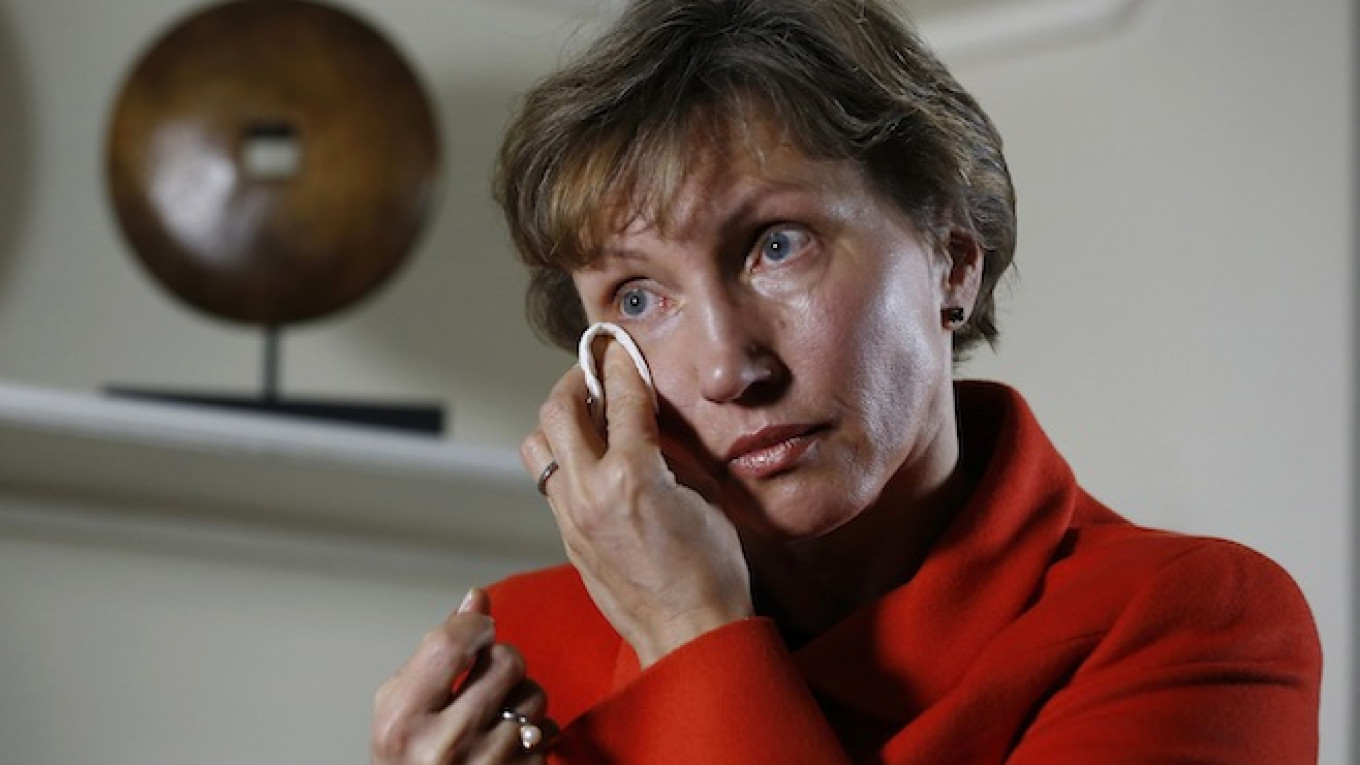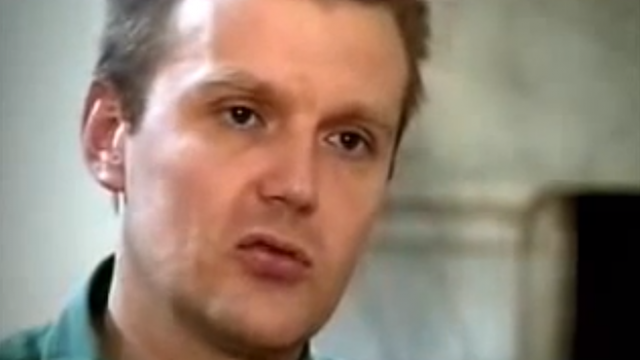Nine years after former KGB spy Alexander Litvinenko was poisoned in a plush London hotel in what has been described as Russian "state-sponsored nuclear terrorism," a public inquiry into his death finally begins in the British capital next week.
Kremlin critic Litvinenko, who had been granted British citizenship, died after drinking tea poisoned with a rare radioactive isotope in November 2006 and from his deathbed he accused Russian President Vladimir Putin of ordering his murder.
Russia has always rejected the claim, but British authorities say there is evidence to charge two ex-KGB agents with murder. The judge who will oversee the inquiry has already cited a "prima facie case" indicating Russian involvement.
Next Tuesday, after almost a decade of battling for answers, Litvinenko's wife Marina believes the truth will finally come out when the inquiry gets underway.
"It was clear from the very beginning that those who are suspected of this crime would never end up on the defendants' bench here in London and to have a hearing in the proper sense of it would be impossible," she said in an interview.
"The Russian side continues to deny the fact he died at all or the cause of his death. I want to end all the speculation. There will be official documents and none of the sides will be able to use what happened in London for their personal benefit."
British police suspect ex-KGB agents Andrei Lugovoi, who has denied any involvement, and Dmitry Kovtun slipped polonium-210 into Litvinenko's tea when they met him at the Millennium Hotel in central London. He died three weeks later.
His death and the controversy it generated chilled Anglo-Russian relations to a post-Cold War low. After a brief warming in ties when Prime Minister David Cameron took power in 2010, the Ukraine crisis again soured relations with Moscow.
The case became caught up in this political intrigue, often leaving Marina stuck in the middle. Britain rejected holding an inquiry in 2013, admitting relations with Russia was a factor although not decisive, also arguing it would be unnecessary and expensive. The British government changed its mind and gave the go-ahead for the inquiry last July..
"Many tried to show that my case was very much politically motivated. But this is not exactly true," said Marina.
"I never fought against Russia, nor the U.K. I was fighting for justice, to know the truth, for my right to know what happened to my husband."
The barrister representing her family at the inquiry has already described the death as an assassination and "an act of state-sponsored nuclear terrorism on the streets of London."
He has also disclosed that Litvinenko had worked for Britain's Secret Intelligence Service, known as MI6, for several years and had also been employed by the Spanish security services to help investigate Russian mafia activities.
While much of the secret British intelligence will be heard in closed sessions at the inquiry, it will form part of the conclusions of its chairman Robert Owen.
The Litvinenko family's lawyer Elena Tsirlina said it would get to the core facts, leaving "no stones unturned."
"Because it has taken such a long time to bring it to fruition, people get lost between fiction and reality," she said. "I think Russia will be made to stand up and listen to the conclusions. We will let the facts speak for themselves."
For Marina, whose eyes filled with tears as she recalled how hard the last nine years had been on her and the couple's son, now 20, the most important factor was letting the public find out what had gone on.
"I never expected in my life to live in England, to speak English; everything is still quite difficult to understand," she said. "The reason why I say I want to bring the case to a resolution is because I want people to see the facts."
A Message from The Moscow Times:
Dear readers,
We are facing unprecedented challenges. Russia's Prosecutor General's Office has designated The Moscow Times as an "undesirable" organization, criminalizing our work and putting our staff at risk of prosecution. This follows our earlier unjust labeling as a "foreign agent."
These actions are direct attempts to silence independent journalism in Russia. The authorities claim our work "discredits the decisions of the Russian leadership." We see things differently: we strive to provide accurate, unbiased reporting on Russia.
We, the journalists of The Moscow Times, refuse to be silenced. But to continue our work, we need your help.
Your support, no matter how small, makes a world of difference. If you can, please support us monthly starting from just $2. It's quick to set up, and every contribution makes a significant impact.
By supporting The Moscow Times, you're defending open, independent journalism in the face of repression. Thank you for standing with us.
Remind me later.






